Food and Drink: National Beers
Germany is generally thought of as the beer country in the world, and not without good reason. Germany is home of the famous Oktoberfest, the world’s only airport brewery, and likely more beer than one can try in a lifetime. In short, you simply are unable to truly experience German culture without experiencing German beer. While the Czech Republic and Austria can certainly hold their own (and frequently compete with Germany for the top beer-consuming country), Germany has a time-honored beer history and tradition that is unmatched by any other country.
The quality of German-produced beers is assured by the Reinheitsgebot, a series of beer purity laws that ensure German beers are kept to the highest of standards, including being created using only water, hops, and malt. This legal framework has been around since the 1400s and is the oldest food-quality regulation in the world. But this is not to say that Germany doesn't have a vast array of beer styles available. Top-fermenting beers can use other ingredients, and the law isn’t “technically” a law anymore as no one goes to prison for making beers with other ingredients. Many breweries do still follow it, however, and will happily boast about that fact.
About half of all German breweries are in Bavaria, a well-known region in southern Germany that’s home to hundreds upon hundreds of breweries, bringing the country’s total number of beers brewed to more than 5,000.
Weihenstephaner Hefe-Weissbier
Style: German hefeweizen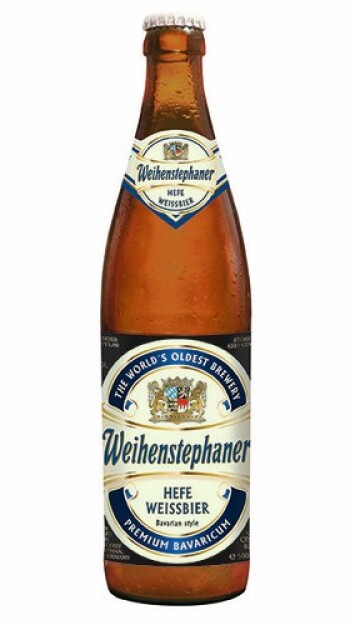
Alcohol Content (Alcohol by Volume): 5.4 percent ABV
Description: Weihenstephaner Hefe-Weissbier has a very long and difficult-to-pronounce name, but this is only befitting its longer history and almost perfect record of being one of the world’s most preferred brews. It is created in the Weihenstephan brewery, which began in an abbey in the year 768 CE. Highly recommended, it has a murky orange-yellow color with a tiny white head. The scent is lemony, grainy, and yeasty while the taste is sweet and spicy. The mouthfeel is altogether smooth.
Brewer: Bayerische Staatsbrauerei Weihenstephan
Freising
Germany
Franziskaner Hefe-Weissbier
Style: German hefeweizen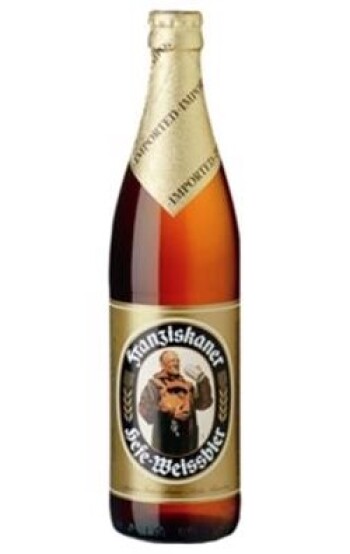
Alcohol Content (Alcohol by Volume): 5 percent ABV
Description: Franziskaner Hefe-Weissbier is another historic and highly regarded German beer. Created by the family-run Spaten-Franziskaner brewery, it boasts a history that goes back to the 1300s. Now, Spaten-Franziskaner is the second-largest export brewery in all of Bavaria, so it may be available at a store near you. The pour is hazy gold with a thick head. The scent is fruity while the taste is more of that fruit with yeast and sugar. The mouthfeel is smooth and enjoyable.
Brewer: Spaten-Franziskaner-Bräu
Munich
Germany
Hacker-Pschorr Weisse
Style: Weizen bock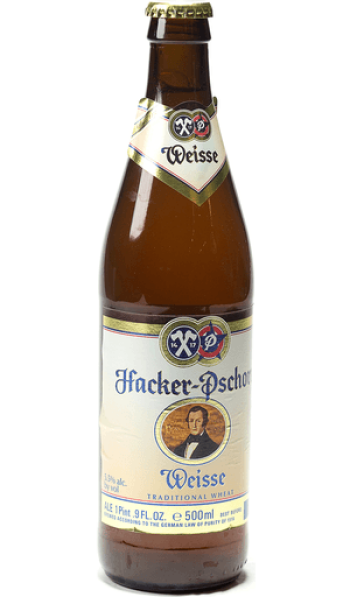
Alcohol Content (Alcohol by Volume): 7 percent ABV
Description: Hacker-Pschorr Weisse is brewed by Paulaner Brauerei, a traditionally significant Oktoberfest participant. This particular brew has a nice dark orange-brown hue with a decent white head. The scent is yeasty and fruity (think bananas). The taste is much the same, plus a little spice added on. Overall, the mouthfeel is heavy, creamy, and quite pleasant.
Brewer: Paulaner Brauerei
Munich
Germany
Schneider Weisse Aventinus
Style: Weizen doppelbock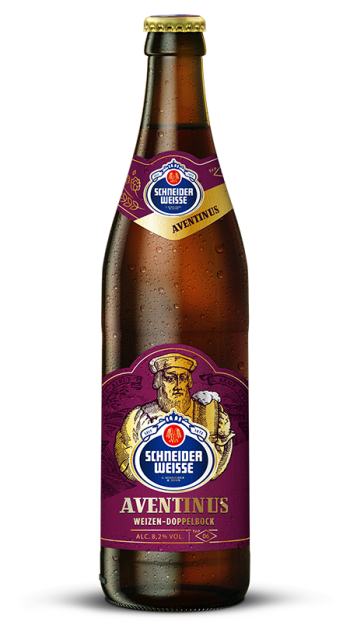
Alcohol Content (Alcohol by Volume): 8.2 percent ABV
Description: Schneider Weisse Aventinus is a brew that beer snobs rave about, so you know it must be worth a try. While perhaps a little strong for the beer beginner, it is something that will blow away even the most sophisticated palette. It pours a dark, almost red hue with a rich head. The scent is all dark fruit and roasted aromas while the taste has a little bit of boozy warmth, plus some fruit and caramel. The mouthfeel is full and slightly oily.
Brewer: Schneider Weisse G. Schneider & Sohn GmbH
Kelheim
Germany
Ayinger Weizen-Bock
Style: Weizen bock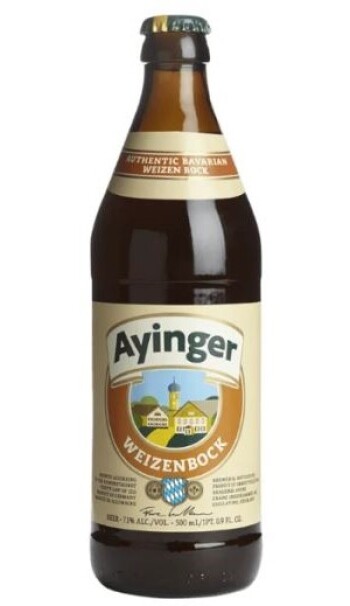
Alcohol Content (Alcohol by Volume): 7.1 percent ABV
Description: Ayinger Weizen-Bock is an addictive brew with a large following. The coloring is cloudy and gold with an average head. The scent is fruity and complex while the taste is yeasty, malty, and just a little fruity too. The mouthfeel is bubbly and smooth with a little warmth and a dry finish. It’s very typical for the region from which it comes and an unforgettable drink.
Brewer: Brauerei Aying
Aying
Germany
Article written for World Trade Press by Holly Riddle.
Copyright © 1993—2025 World Trade Press. All rights reserved.

 Germany
Germany